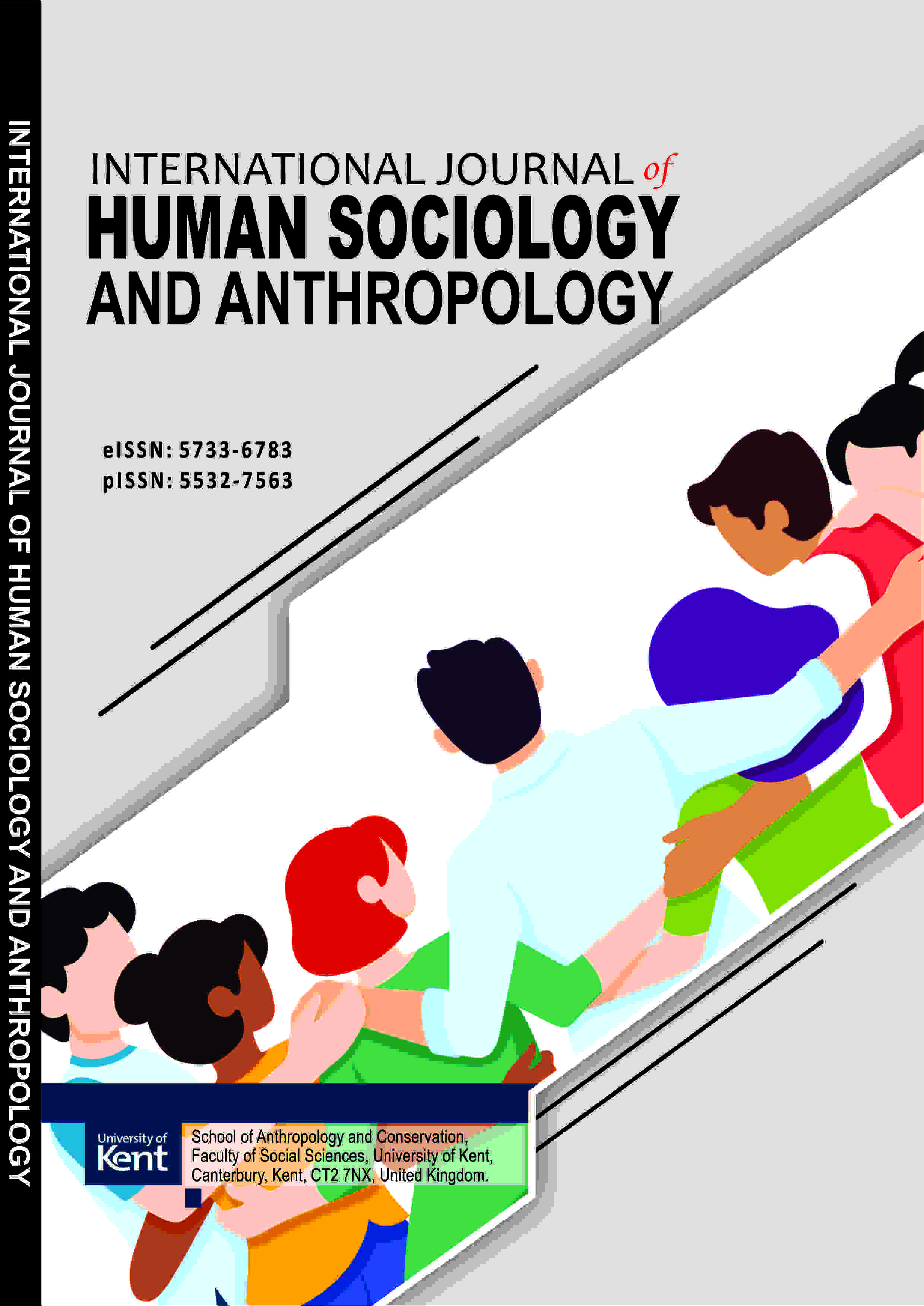INTERNATIONAL JOURNAL FOR HUMAN SOCIOLOGY AND ANTHROPOLOGY (IJHSA)
EXPLORING EFFECTS OF BOARD GAME ON ESL LEARNERS’ MASTERY OF PREPOSITION OF DIRECTION AND MOVEMENT IN A NATIONAL TYPE PRIMARY SCHOOL IN KLANG
E-ISSN: 5733-6783
P-ISSN: 5532-7563
DOI: https://iigdpublishers.com/article/648
There are various approaches to engage students in learning, one being through games and play. While the concept of employing board games for language learning is not new in educational settings, earlier studies have often overlooked the use of board games specifically aimed at enhancing mastery of prepositions. Thus, this study aims to explore the effects of board game on ESL learners’ mastery of preposition of direction and movement in a selected primary school. Five were picked out from fifteen pupils by using purposive sampling as respondents in the study. Qualitative design was applied for this study. Semi structured interview, observation and documented analysis were used as instruments. Even though the end results showed mixed effects from the pupils, most of the respondents received positive effects during the duration of the conducted study.
Faez Bin Hasaban & Nur Ehsan Mohd Said PhD
Al-Jawwadah, U. R. K., & Saputri, T. (2021). THE EFFECT OF BOARD GAME TO INCREASE ENGLISH VOCABULARY MASTERY: SYSTEMATIC REVIEW. Konstruktivisme: Jurnal Pendidikan Dan Pembelajaran, 13(1), 13-24. https://doi.org/10.35457/konstruk.v13i1.1082
Ary, D. (2010). Introduction to research in education (8th edition). Wadsworth: Cengage Learning.
Boote, D. N., & Beile, P. (2005). Scholars before researchers: On the centrality of the dissertation literature review in research preparation. ProQuest Psychology Journals, 34(6), 3-15.
Bowen, G.A. (2009). Document analysis as a qualitative research method. Qualitative Research Journal, 9(2), 27-40. https://doi.org/10.3316/QRJ0902027
Charness, N. (1992). The impact of chess research on cognitive science. Psychological Research, 54(1), 4–9. https://doi.org/10.1007/BF01359217
